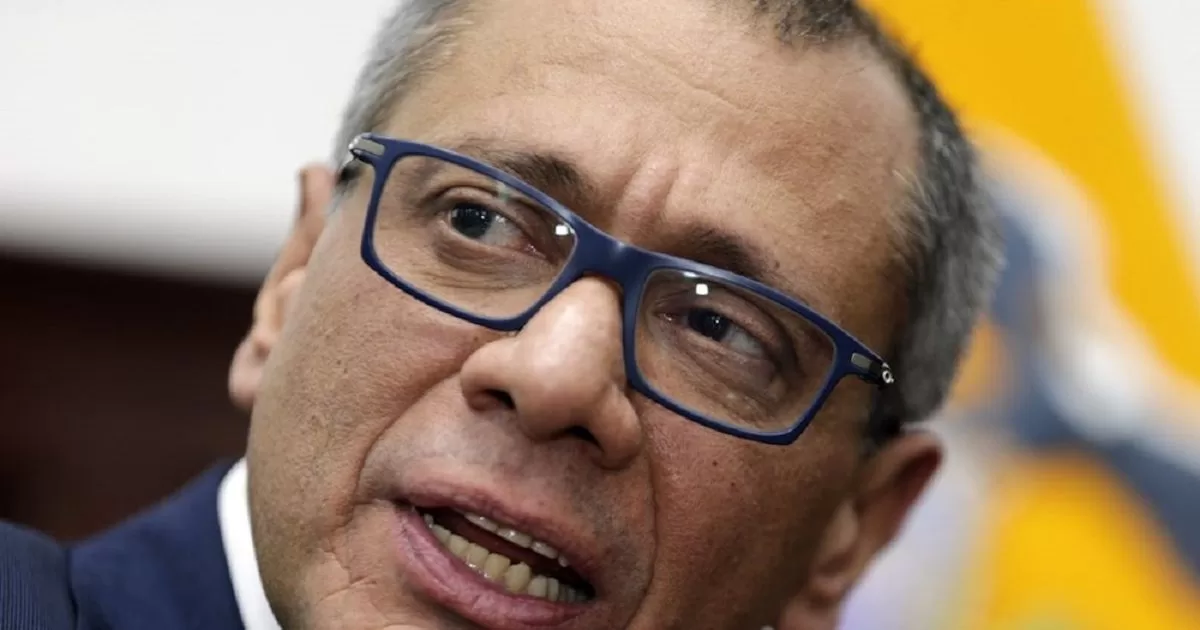Berlin.
With a statement in the Council of Europe, Foreign Minister Baerbock caused a stir and fueled Russian propaganda. Not her only mishap.
For a long time, Annalena Baerbock was considered to be the great plain language speaker of German foreign policy. Whether at G20 meetings or in front of the United Nations: The Green politician read the riot act to Russian President Vladimir Putin because of his war of aggression against Ukraine like hardly anyone else.
Her motto was short sentences and striking statements. She ordered the world by one simple pattern: Here the good guys (the western democracies), there the bad guys (autocrats like Putin or China’s head of state Xi Jinping). For long stretches it seemed that the German chief diplomat, present on all international stages, would steal the show from the often tight-lipped Chancellor Olaf Scholz (SPD).
Ukraine war – background and explanations for the conflict
Baerbock: “We are fighting a war against Russia and not against each other”
But now happened to her linguistic blunders and clumsinesswho scratch her image as a powerful formulator. On Tuesday, she caused a stir in the Council of Europe with a statement in English. “We are fighting a war against Russia and not against each other,” said the Foreign Minister. At first it sounded as if Baerbock wanted to contradict the chancellor. He had previously repeatedly emphasized like a mantra: after the Leopard deliveries, Germany was just as little a “party to the war” as NATO.
With her sentence, the minister wanted to cohesion of the West call. But he left room for interpretation – fatal in politically charged times like the Ukraine war. The Foreign Office tried to appease in a flash: Germany was “not a party to the conflict,” it said in a tweet.
Moscow demands a statement from the German ambassador
But the damage was there. The Russian state media exploited the Baerbock statement with relish. The spokeswoman for the Russian Foreign Ministry, Maria Zakharova, demanded an explanation from the German ambassador in Moscow on “contradictory” statements from Berlin on Friday. “Do you understand what you’re talking about?” Zakharova wrote mockingly on the Telegram news channel.
Another mishap happened. The Federal Foreign Office published a tweet on Tuesday about Russian Foreign Minister Sergei Lavrov’s trip to Africa. The Russian did not set out to see leopards, but to spread his propaganda, it said. The leopard was represented as an animal emoji. In the ministry you saw in the visual gimmick probably an original gag.
AA’s leopard emoji sparks trouble in the African Union
The reaction was prompt. A spokeswoman for the African Union asked if Baerbock only traveled to Africa to view animals. “Is the African continent (…) a joke for you?” The devastating verdict: “A foreign ministry, the disgusting one colonial clichés served to make geopolitical points.”
What the Federal Foreign Office should have known: The African countries are by no means unanimous in taking the position of the West in the Ukraine war. Many are vulnerable to Putin’s narrative. With that in mind, that was it Leopard Emoji short-sighted, insensitive and counterproductive.
Not surprising: The political situation seems to favor Scholz at the moment. After the Panzerwende, the chancellor shed his reputation for hesitation. According to the ZDF “Politbarometer”, the SPD can increase to 21 percent. The Greens slip to 19 percent.
Ukraine Crisis – The most important news about the war
More articles from this category can be found here: Politics



